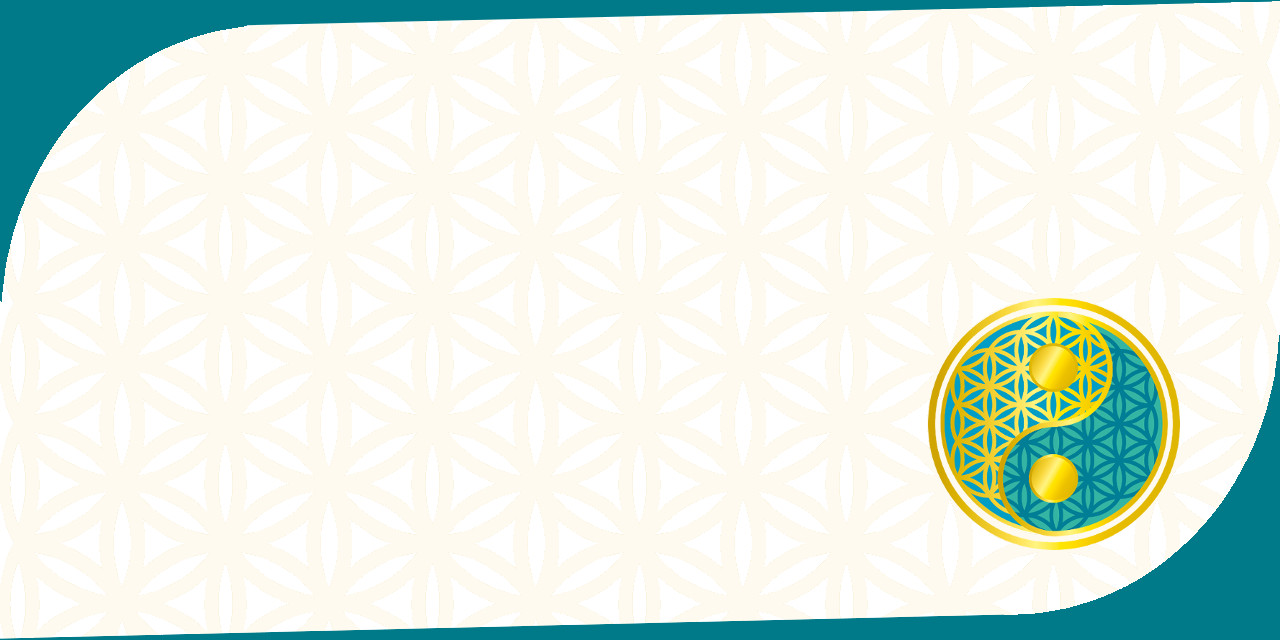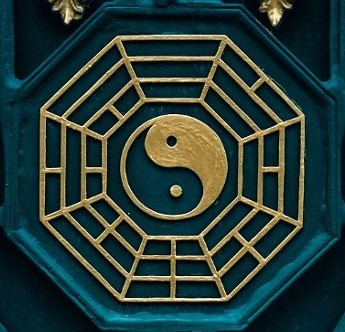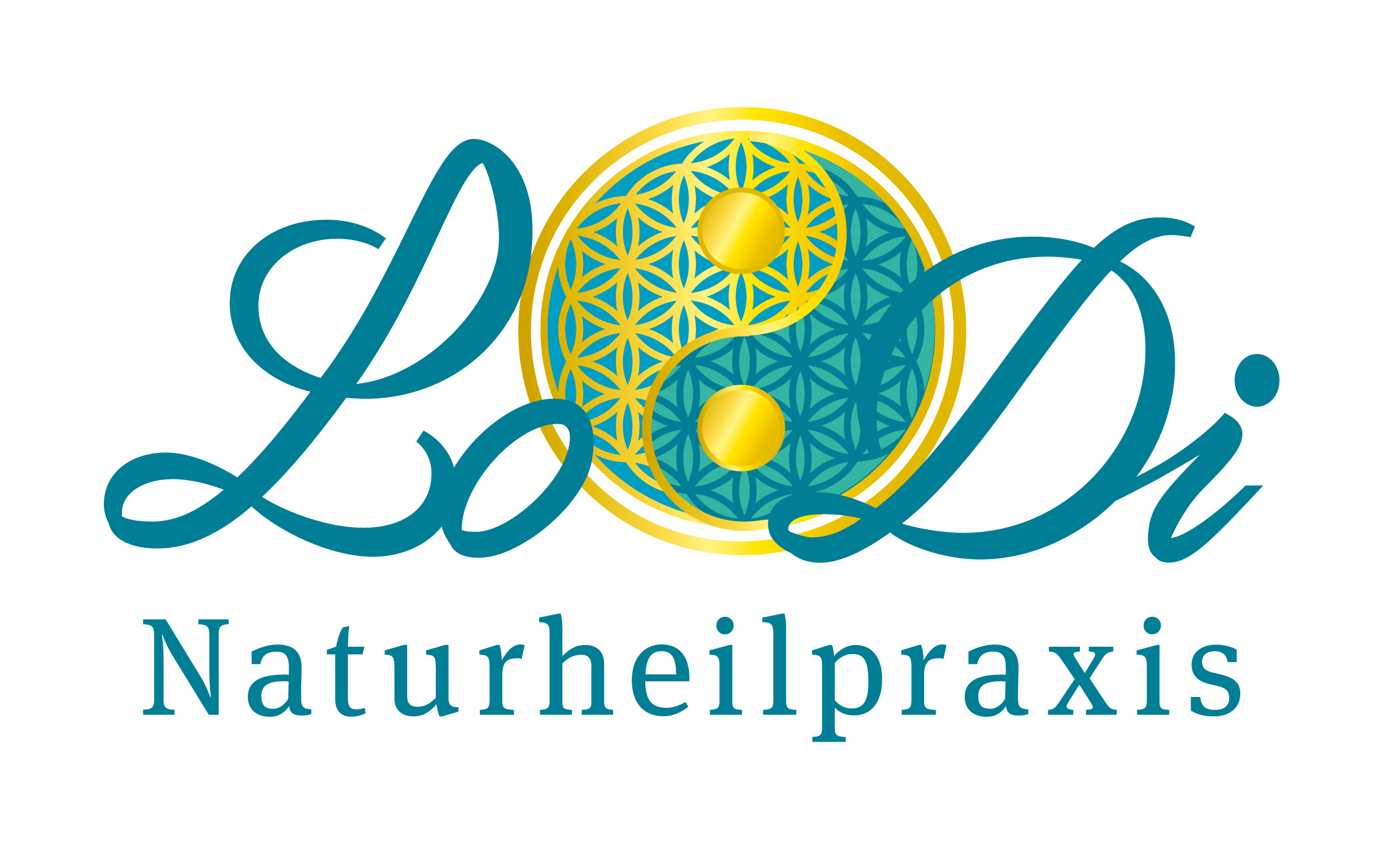Traditional Chinese Medicine (TCM)
"Natural forces within us are the true healers of disease."
~ Hippocrates (460 B.C. - 370 B.C.)

"Natural forces within us are the true healers of disease."
~ Hippocrates (460 B.C. - 370 B.C.)
Experience the Holistic Power of Traditional Chinese Medicine (TCM)
Unlock the ancient wisdom of Traditional Chinese Medicine (TCM) to restore your body's natural balance and promote optimal health.
TCM, a holistic approach to healing, utilizes time-tested practices such as acupuncture, herbal medicine, cupping, and more to
address the root of various disorders.
By harmonizing the body's energy flow (Qi), TCM can not only alleviate symptoms but
also enhance overall well-being, boost immunity, and foster a deeper connection between mind, body, and spirit.
Embrace the transformative power of TCM and embark on a journey to a healthier, more balanced life.
Traditional Chinese Medicine (TCM) views the human body as an organic perfection — everything in the
body is necessary and works well together — and the relationship between humans and nature as a holistic entity.
As a complete being or organ, the different parts of the body are inseparable in their structure.
The organs are physiologically intertwined and can affect each other pathologically.
This holistic concept comprises two aspects. The human body as organic perfection on the one hand and
the unity between the human body and nature on the other.
From the point of view of TCM, symptoms or illnesses are signs of an imbalance that emanates from the
whole being and influences it.
They also signal that other aspects of the patient's life need to be considered in order to restore
balance, not just the body part that appears to be affected.
In TCM, the treatment is very personalized and is aimed at the patient, or as the case may be, their symptoms and their cause.
Its goal is to eliminate the causes of disease, not just the symptoms.

Qi
Qi is both the fundamental substance of the human body and the most essential substance for maintaining the
vital activities of the human body.
Yin & Yang
Yin and Yang are general terms used to describe and summarize opposite but interdependent aspects of
natural phenomena or objects. Together they stand for contrast and unity.
Yin and Yang can represent two opposite objects, like heaven and earth, day and night, luminosity and darkness,
fire and water, etc. Or two different aspects of one single object, like the two sides of a coin, Qi and Blood,
the Yang-Meridians and Yin-Meridians of the body, Zang and Fu (Yang and Yin organs).
The Yin- or Yang-Nature of a phenomenon is not absolute but rather relative. Phenomena are Yin or Yang
only in relation to other phenomena. Neither Yin nor Yang can exist isolated from each other, they only exist in
reference to each other.
Yin and Yang control, restrict and support each other.
Natural development or growth can only be supported when Yin and Yang are in balance and act as an entity.
When this equilibrium gets out of balance, illness might manifest.
The five elements (Wu Xing)
Water, Wood, Fire, Earth and Metal are the five fundamental elements, into which the movements and changes of
all things in nature can be classified. "Wu" relates to the five essential substances Water, Wood, Fire, Earth and Metal.
"Xing" stands for order and rank as well as for movement and change.
~~~
"Getting in balance is not so much about adopting new strategies to change your behaviours, as it is about realigning
yourself in all of your thoughts so as to create a balance between what you desire and how you conduct your life on a daily basis."
~ Wayne Dyer
Need more information or would like to make an appointment? Please contact me via:
Contact
or:

